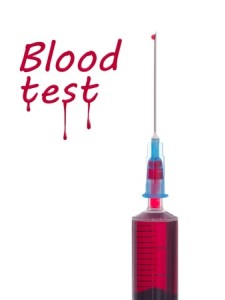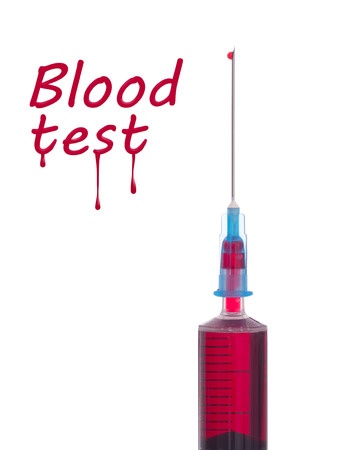
A research team with the Scripps Research Institute has published the results of a study that shows how a specific protein molecule controls the mu-opioid receptor (MOR) in a small group of brain cells. The mu-opioid receptor is the main one activated by morphine. When study animals lacking a specific protein called RGS7 were given morphine, they had an increased reward response, increased pain relief, delayed tolerance and a heightened withdrawal response. “In other words, without the protein, the animals were predisposed to morphine addiction.”
Several news outlets, including The Fix and HCP Live described the research and its implications. The research team hypothesized that RGS7 may regulate morphine behavior through neurons located in the nucleus accumbens, part of the neural circuitry that seems to be involved in the development of addiction. Kirll Martemyanov, who led the research team, said: “The mu opioid receptor acts as a conductor of the drug’s effects, while RGS7 acts as a brake on the signal.” Laurie Sutton, one of the researchers and the lead author of the published study, said that RGS7 could be a potential target for future drug development. “Pharmacological intervention at the level of RGS7 may reduce some of the detrimental side-effects associated with opiates.”
Martemyanov also sees where their research findings have a potential future in diagnosis. There are also some implications for why certain individuals have a difficult time with opioid addiction, while others are not so susceptible. In addition to drug craving, the animals lacking RGS7 also worked harder for a food reward, suggesting RGS7 may be a more general regulator of reward behavior beyond just drug-induced euphoria.
If our findings hold true for human patients, you could look specifically for RGS7 levels for any disabling mutation with a simple blood test. . . . Mutations could indicate a strong reaction to a drug such as morphine—people carrying a deficient copy of the RGS7 gene might need much lower doses of opioids and could be cautioned to be extra careful with these substances.
Martemyanov is currently a tenured Associate Professor for the Department of Neuroscience for the Scripps Research Institute in Jupiter Florida. He has done extensive past research into the potential role of the RGS protein. Here are links to abstract for two of his previous research studies: “A Role of RGS Proteins in Drug Addiction” and “The R7 RGS Protein Family.” Here is a link to the study discussed here: “Regulator of G-Protein Signaling 7.”
Keri Blakinger for The Fix is getting a bit ahead of the research in saying it could mean a near-future genetic test for opiate addiction. Martemyanov clearly said that IF their findings held true for humans (the study was done on animals) a simple blood test for people with a deficient RGS7 gene could be done. As explained above, this would indicate a predisposition to opiate addiction because of the dysregulation that occurs with the mu receptor. A defective RGS7 gene would reinforce the euphoria and pain relief experienced with opiates, while heightening the withdrawal when the levels drop. Chasing the high or pain relief of opiates coupled with a desire to avoid the pain and discomfort of withdrawal is the classic dynamic in opiate addiction.
If the research holds true for humans, individuals with a deficient RGS7 gene could be treated with lower doses of opioids and cautioned to be careful with opioids of all kinds. Drug development that targets RGS7 would need to explore how other mechanisms are effected by the RGS7 gene. Remember that it may be a more general regulator of reward behavior beyond drug-induced euphoria. “Fixing” the addiction problem may cause another neurochemical one. Another important research question I see is whether or not the abuse of opiates leads to a dysregulation of the mu receptor similar to what Martemyanov found with a defective RGS7 gene.
Let’s see where this research takes us. It is exciting, basic research. But don’t run ahead of it, trying to anticipate where it will lead.





